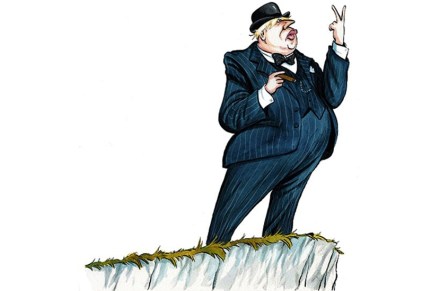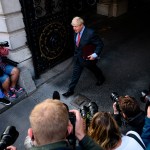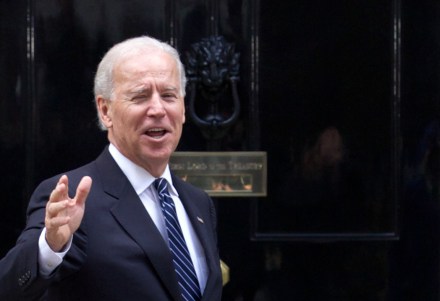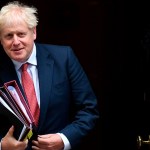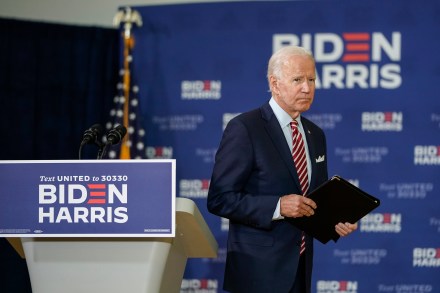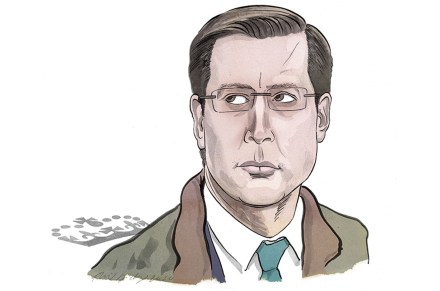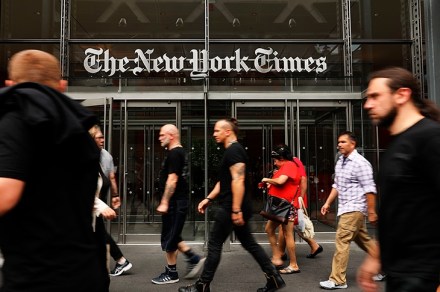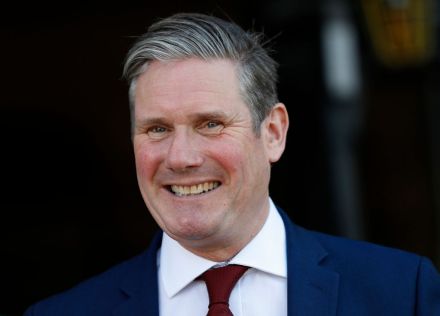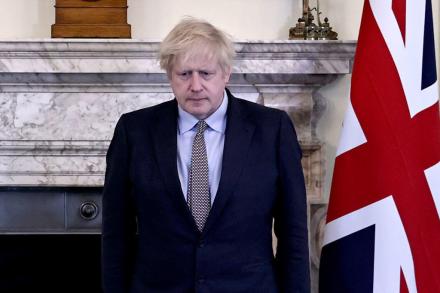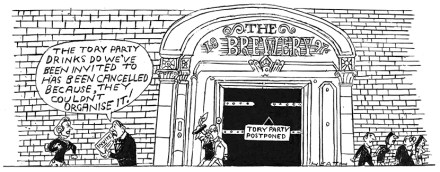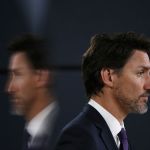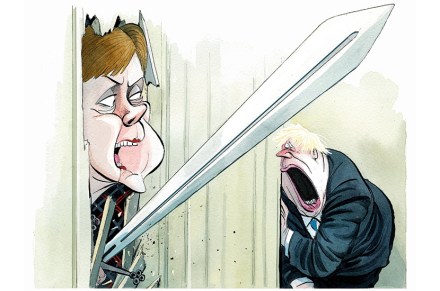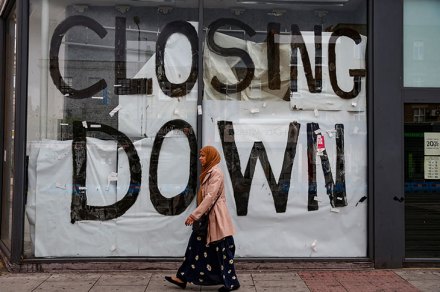Boris’s Dunkirk moment
It’s hard to deny that Boris Johnson’s government has so far had a ‘bad war’ against the pandemic. Our death toll is high compared with other countries and our economy is in worse shape. We face rising cases, increased hospital admissions and more restrictions. It’s all so bleak; yet that is why now is precisely the moment for Boris to imitate his great hero, Winston Churchill. In the coming months, Britain can play as pivotal a role in a global victory against the virus as we did in the second world war. The war analogies only go so far, of course. We are fighting a virus, not an evil ideology.
